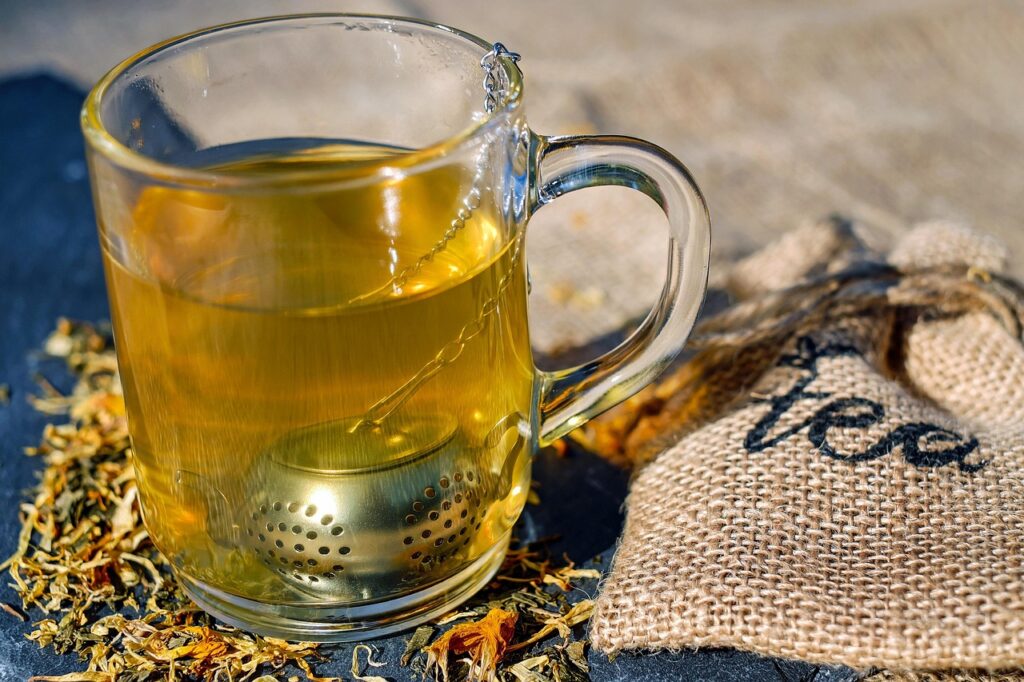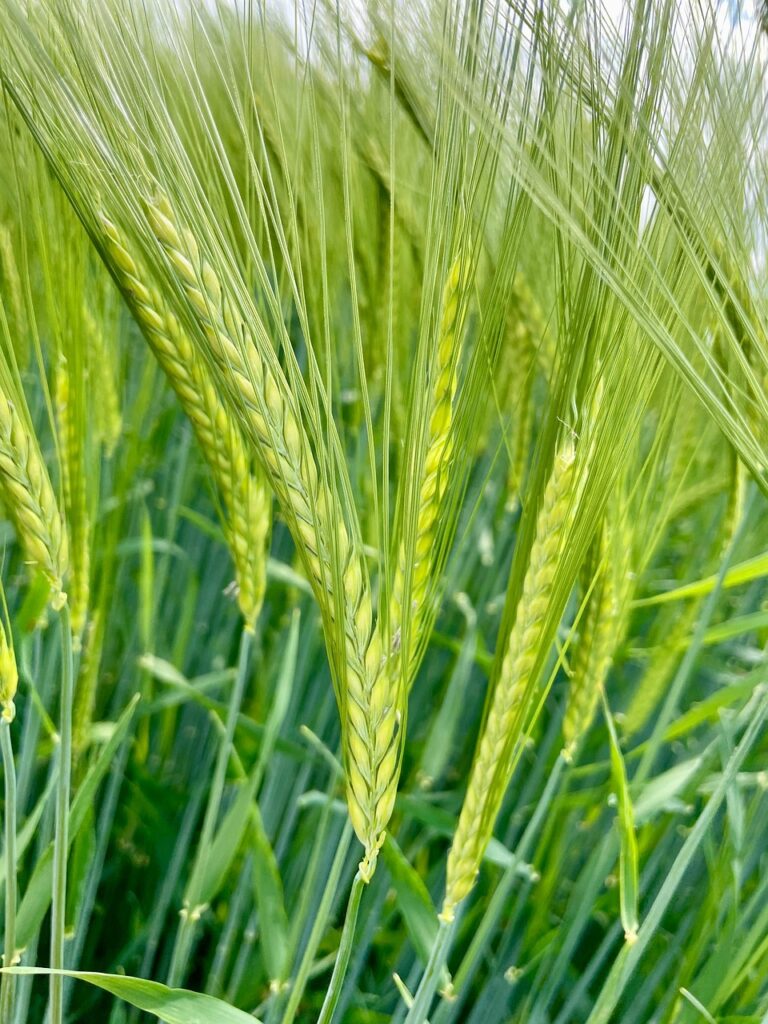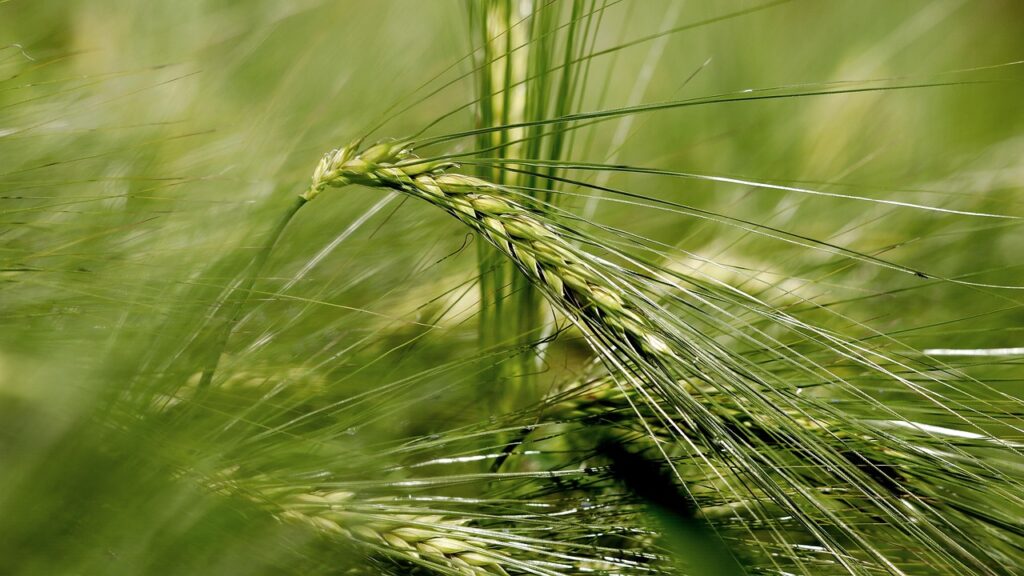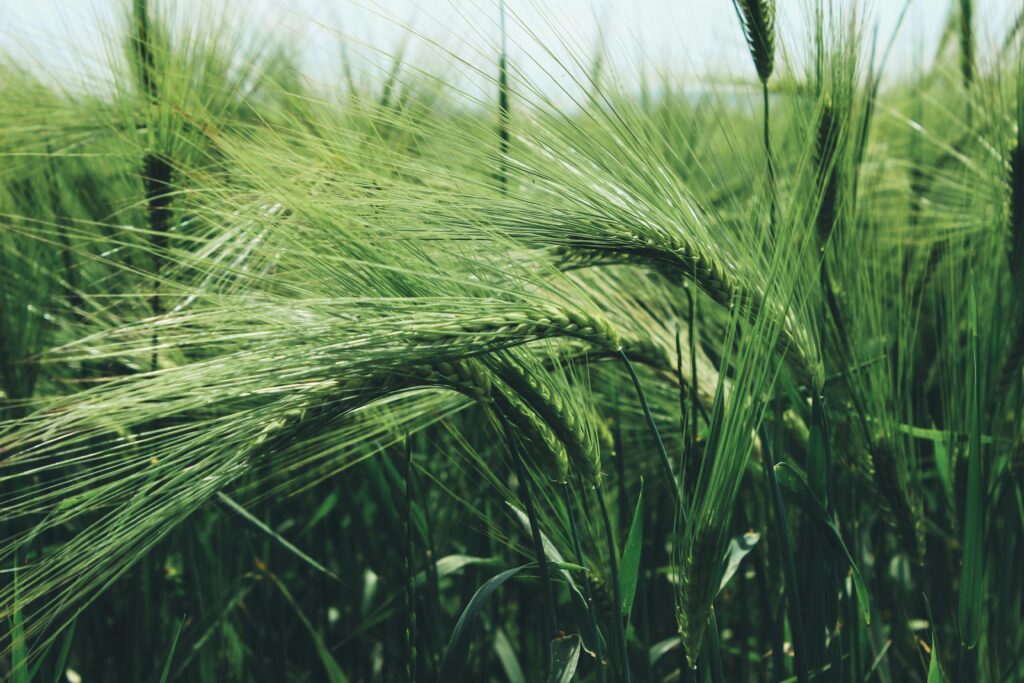When people think of tea, they often imagine green, black, or herbal blends. But in East Asia, especially in Japan, Korea, and China, there’s another beverage that has been enjoyed for centuries: barley tea, also known as mugicha (Japan) or bori-cha (Korea). Made from roasted barley grains instead of tea leaves, this caffeine-free drink is valued not only for its nutty, roasted flavor but also for its potential health benefits.
In this article, we’ll explore the health benefits of barley tea, its role in Asian traditions, how it compares to other teas, and the best way to prepare it at home.

What Is Barley Tea?
Barley tea is a roasted grain infusion made by steeping roasted barley kernels in hot water. Unlike true teas, it does not come from the Camellia sinensis plant and is naturally caffeine-free.
In Japan, it’s typically served cold in the summer as a refreshing alternative to water, while in Korea, it is often enjoyed hot year-round. The flavor is slightly nutty, roasted, and toasty — some compare it to a mild coffee but without the bitterness or caffeine.
Because of its versatility, barley tea has become not just a household staple in East Asia but also a beverage gaining global popularity.
Barley Tea Benefits for Health
Barley tea isn’t just tasty — it also provides a range of health-supporting compounds thanks to its antioxidant, mineral, and fiber-rich content. Let’s take a closer look at what research and tradition suggest about its benefits.
1. Naturally Caffeine-Free and Hydrating
One of the greatest advantages of barley tea is that it’s naturally caffeine-free. This makes it a great option for:
- Children
- Pregnant or breastfeeding women (with medical approval)
- Individuals sensitive to caffeine
- Anyone seeking a calming evening drink
Since it’s often consumed cold, barley tea also serves as a hydrating summer beverage, making it a healthier alternative to sodas or sugary drinks.

2. Rich in Antioxidants
Roasted barley contains antioxidant compounds such as polyphenols and melanoidins (formed during the roasting process). These compounds help reduce oxidative stress, which is linked to aging and chronic diseases.
Regular consumption of antioxidant-rich drinks like barley tea may support overall cellular health and protect against inflammation.
3. Supports Digestive Health
Barley is naturally rich in fiber and prebiotics, which support gut health by feeding beneficial bacteria. While barley tea itself contains less fiber than whole barley, it still carries compounds that may:
- Aid digestion
- Reduce bloating
- Support regular bowel movements
In Korean tradition, barley tea is often consumed after meals to promote digestion and cleanse the palate.

4. May Support Heart Health
Some studies suggest that barley tea may help lower cholesterol levels and support cardiovascular health. The antioxidants in roasted barley may reduce LDL cholesterol oxidation — one of the risk factors for heart disease.
Additionally, barley tea has been linked in traditional medicine to improved circulation and reduced blood pressure, though more human research is needed to confirm these effects.
5. Helps Regulate Blood Sugar
Barley has long been studied for its potential to help regulate blood sugar levels. While barley tea is not as concentrated as whole grain barley, some compounds from the roasted kernels may still have beneficial effects. Drinking barley tea instead of sugary beverages can also support better blood sugar control.
6. Aids Relaxation and Stress Reduction
Barley tea is often consumed in the evening because of its calming, non-stimulating properties. The toasty aroma and warmth can have a soothing effect, making it a wonderful bedtime drink.
Unlike coffee or green tea, it won’t interfere with sleep, making it a gentle choice for those who want relaxation without caffeine.
7. Supports Weight Management
Barley tea is low in calories, naturally sugar-free, and hydrating — all qualities that make it a smart choice for weight management. Replacing sugary sodas or juices with barley tea can reduce calorie intake while still providing flavor and refreshment.
Its potential digestive and blood sugar benefits also contribute indirectly to maintaining a healthy weight.
Barley Tea vs. Other Herbal Teas
- Barley Tea vs. Green Tea: Green tea contains caffeine and more catechins, while barley tea is caffeine-free and has a roasted flavor.
- Barley Tea vs. Coffee: Coffee is much stronger, caffeinated, and acidic. Barley tea is mild, caffeine-free, and gentle on the stomach.
- Barley Tea vs. Rooibos: Both are caffeine-free and antioxidant-rich, but rooibos has a sweet, herbal profile while barley tea is toasty and grainy.
Barley tea stands out as a unique alternative for people seeking flavor without stimulation.
How to Brew Barley Tea
Brewing barley tea is simple and flexible. You can find roasted barley grains or tea bags in Asian grocery stores or online.
Hot Barley Tea:
- Boil 4 cups of water.
- Add 2 tablespoons of roasted barley grains (or 1–2 tea bags).
- Simmer for 5–10 minutes.
- Strain and enjoy hot.
Cold Barley Tea:
- Brew as above and let it cool.
- Refrigerate for several hours.
- Serve over ice — perfect for summer!
Possible Side Effects
Barley tea is generally safe, but a few considerations:
- Gluten: Barley contains gluten, so this tea is not suitable for people with celiac disease or gluten intolerance.
- Excess consumption: Drinking very large amounts could potentially cause stomach upset in sensitive individuals.
- Pregnancy: While often consumed safely, it’s best for pregnant women to consult their doctor before adding barley tea regularly.
Helpful Links for Further Reading
Disclaimer
This article is for informational purposes only and should not be taken as medical advice. If you have any health condition, are pregnant, or are on medication, consult your doctor before adding barley tea to your diet.

